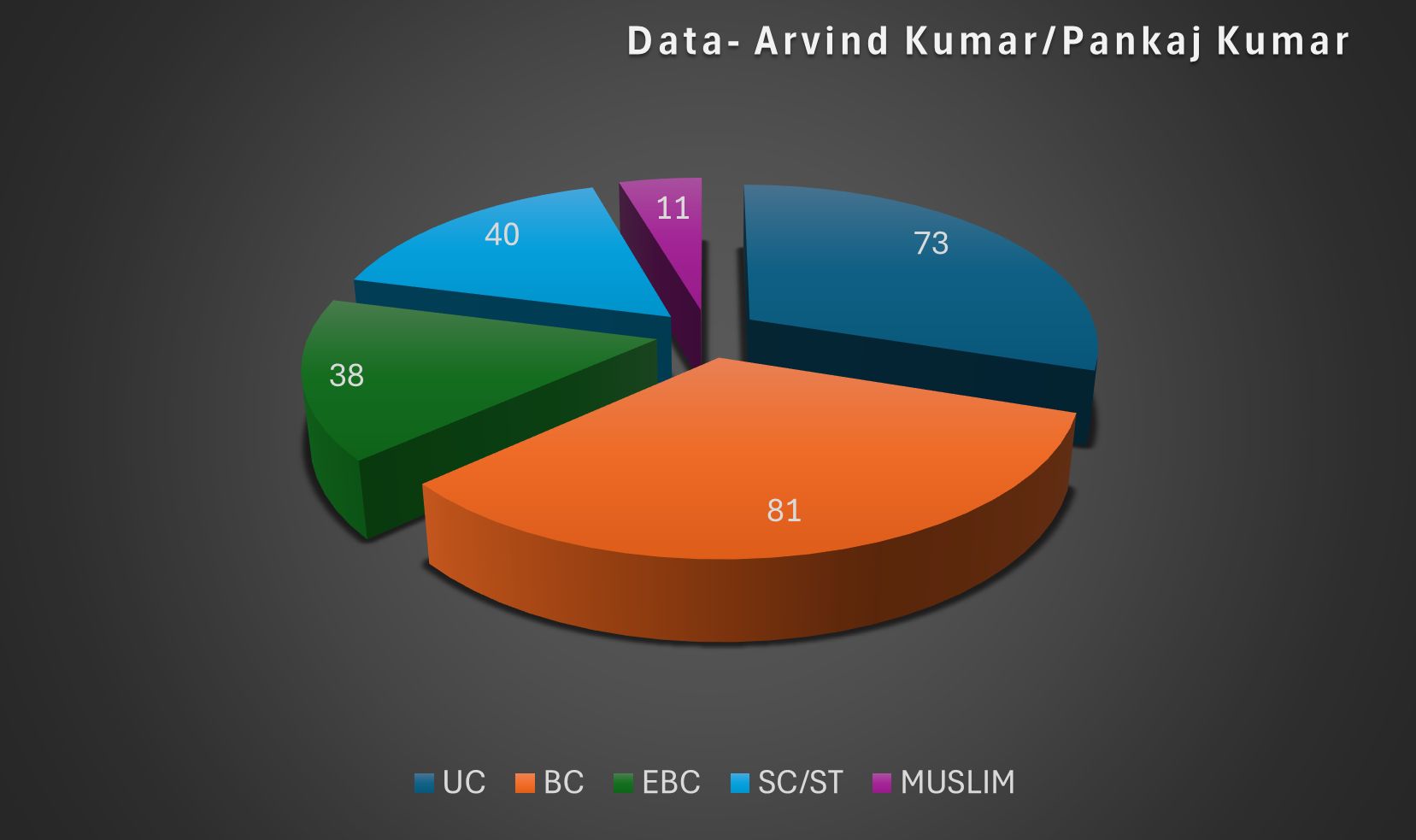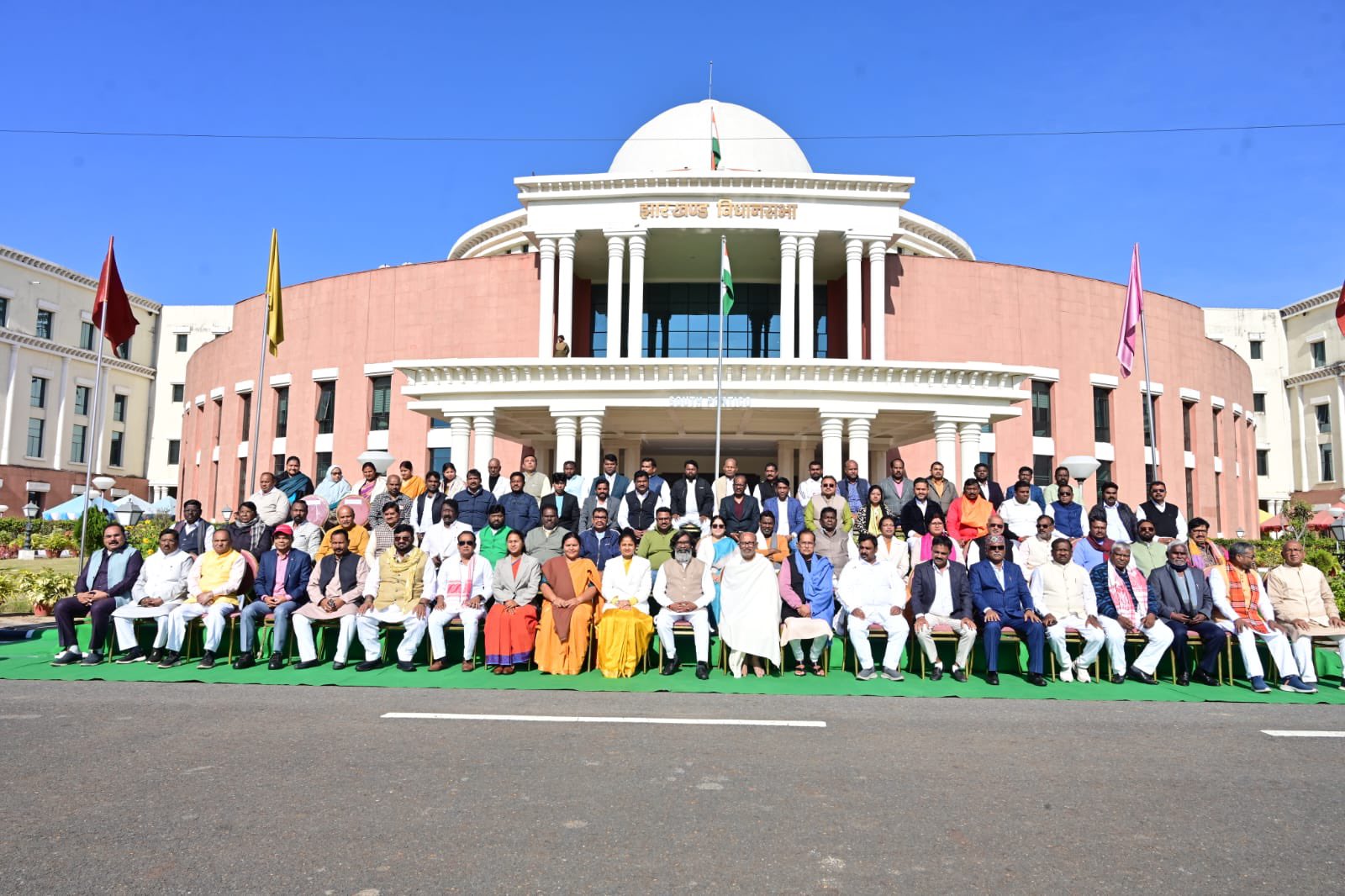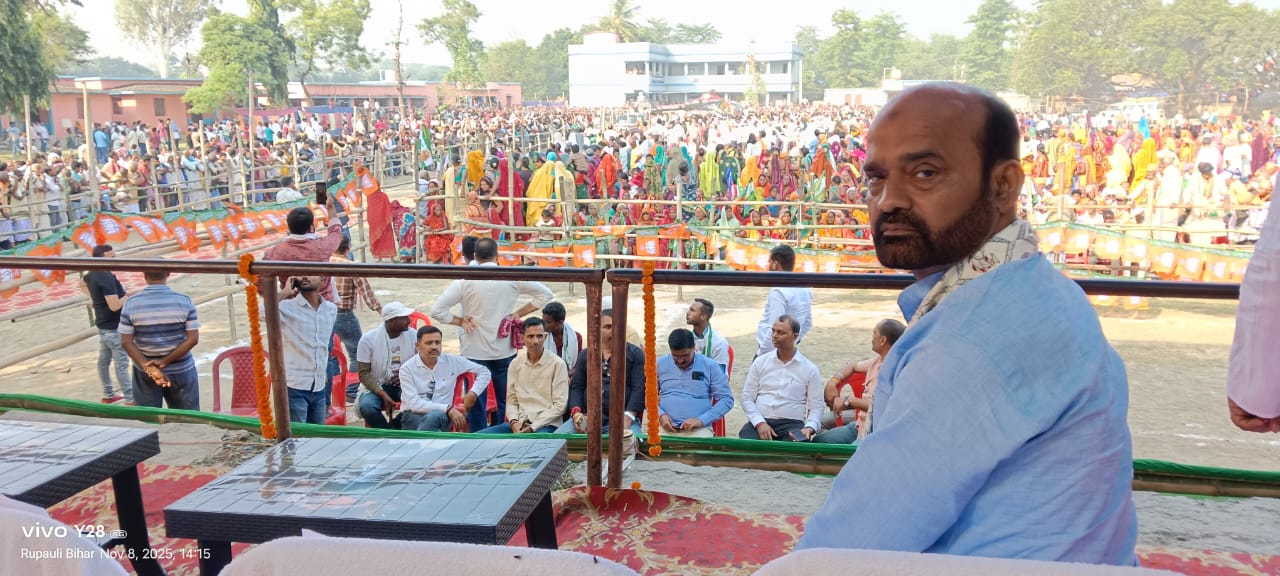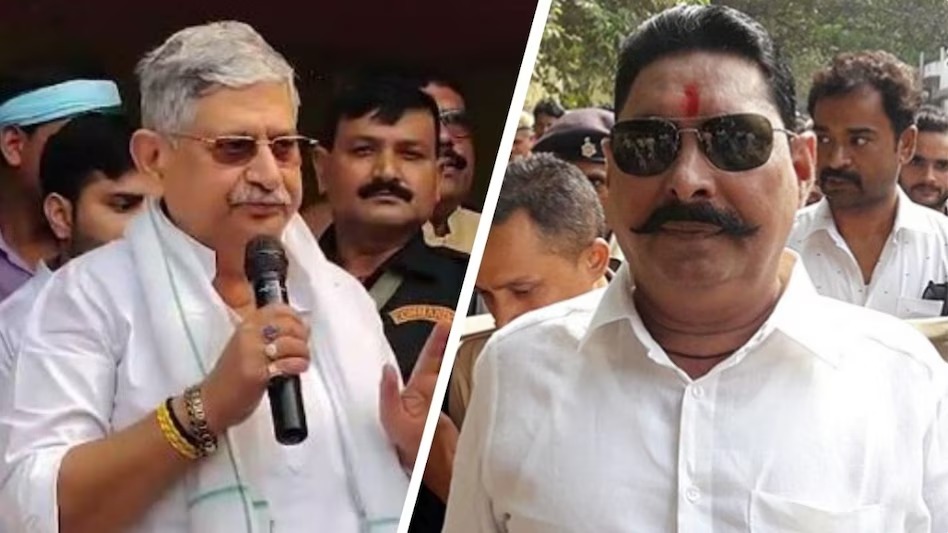Prof Nandu Ram was born in Uttar Pradesh’s Balia district in 1946. He passed away at Dwarka in Delhi on 13 July 2025. He was born into a Scheduled Caste family of limited means. His mother worked in homes – cleaning and plastering the floors with cow dung. His father used to till the land of others and his brother was a rickshaw puller in Benaras.
But Nandu Ram was industrious and determined to achieve the goals that he had set for himself. That was how he could gain admission to the Banaras Hindu University (BHU), followed by IIT Kanpur and then JNU, New Delhi.
The topic of his doctoral thesis was “Social Mobility and Status Identification among Scheduled Castes”. In 1978, he began teaching at JNU’s Centre for the Study of Social Systems. He was the university’s first Scheduled Caste teacher. He retired from the same Centre in 2011.
During his teaching career, he wrote many books, which are copiously cited in institutions of higher learning.
Prof Nandu Ram’s academic contribution
Prof Nandu Ram was among the first academicians who strove to make Bharat Ratna Dr Bhimrao Ambedkar a part of mainstream research and study in universities. There were others before him or contemporaries who were aware of the significance of Ambedkar or were working to foreground Ambedkar, but Prof Nandu Ram’s contribution was seminal as he was a professor at JNU – one of India’s top universities and a bastion of left-leaning intellectuals.
In Professor Nandu Ram’s days, even thinking about any philosophy other than that of the Left was considered sin at JNU. It was easy to throw one out of academia for this sin. The situation remains more or less the same today, even though, over the past 15 years, the voice of the exploited and deprived sections of society has grown much louder. The voice had begun to be heard in the 1980s itself. But at the time, the mass media were entirely in the hands of the dominant class because of which the voice of the deprived didn’t go far. But the proliferation of news websites and social media and the lowering of internet charges has changed the situation drastically.
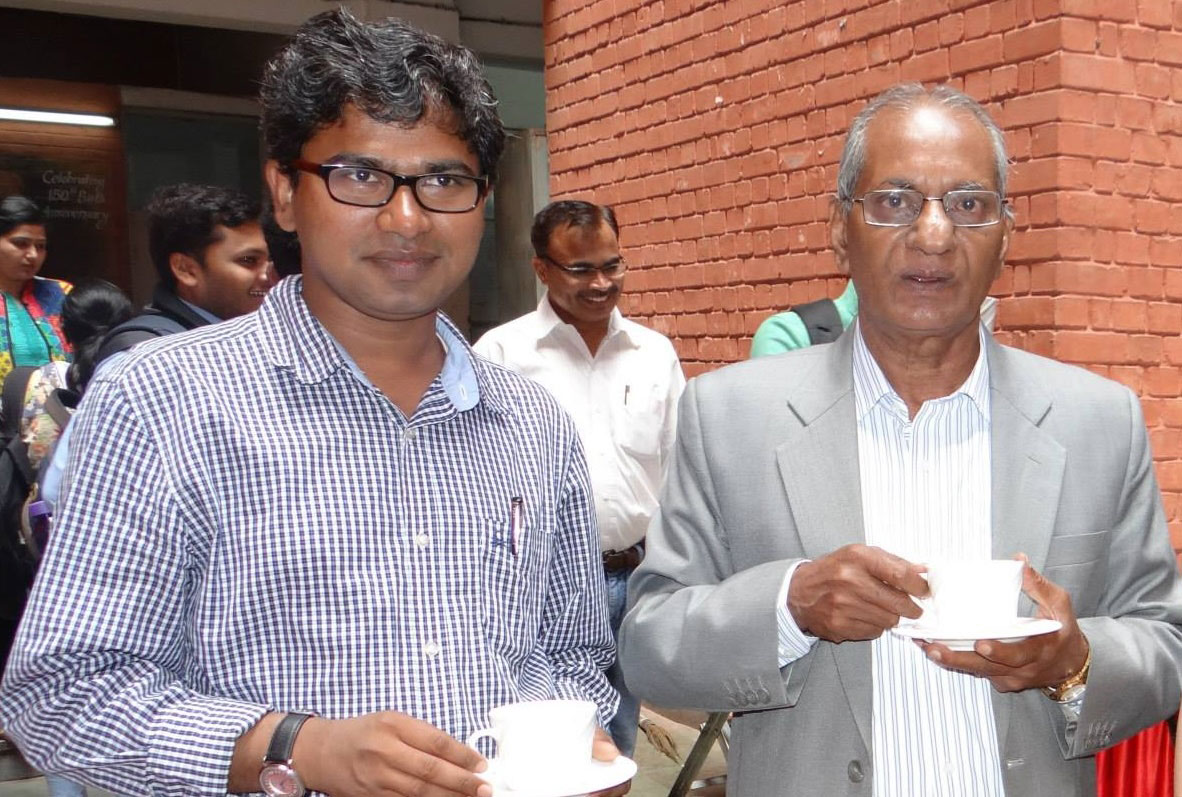
Today, it is difficult to even imagine the circumstances in which Prof Nandu Ram promoted the cause and the ideology of the deprived sections, digressing from the leftist ideology.
But sometimes I feel that imagining those days is not that difficult after all. In his early days as a member of the JNU faculty, there were only a few others like Prof Tulsiram who were holding a mirror to society and placing its realities before the academic world using their perspective and ideology. The number of professors at JNU must have grown three times since then but even today, in all universities, including JNU, the number of faculty members who openly air their views in public must not be more than ten. This is in 2025. We can imagine what must have been the situation forty years ago.
Only a scholar like Prof Nandu Ram could have written “Beyond Ambedkar: Essays on Dalits in India” (1995) and the first encyclopaedia on Scheduled Castes in India. The “Encyclopaedia of Scheduled Castes in India” was published in 2003 in five volumes. The encyclopaedia presents a detailed account of the origin and the socio-economic status and culture of all the SCs of India. Among his many academic works, it was these two that won him national and international recognition. This did not happen overnight. Prof Tulsiram had once said that the deprived sections were central to Prof Nandu Ram’s thinking even during his days at school and college. He was deeply influenced by Ambedkar. He stuck to his views and took them forward despite the hurdles placed in his path and the storms he had to brave.
It was his earnest efforts that led to the establishment of Dr Ambedkar Chair at JNU. He was both the founder of the chair and the first professor to occupy the chair. During his tenure as the Dr Ambekar Chair, Prof Nandu Ram organized a series of seminars on topics that were shunned till then. Earlier, the topics emerged from the dominant class’s understanding of the pain of the deprived sections or how that class wanted to project it. It was after the establishment of the Dr Ambedkar chair that the deprived classes got an opportunity to give expression to their ideology.
Prof Vivek Kumar, who did his PhD under the guidance of Prof Nandu Ram, succeeded him as holder of the chair. He took Dr Ambedkar’s ideology not only to the different corners of India but also to internationally renowned centres of higher learning like Columbia University (USA), Toronto University (Canada), Humboldt University (Germany) and Aarhus University (Denmark). His students have now taken over the task of propagating Ambedkar’s ideology in different arenas.
Among the courses Prof Nandu Ram taught was “Urban Sociology”. Only Prof Nandu Ram could have taught us, his students, how discrimination on the basis of caste and class was practised even in the cities and how marginalized people were pushed out of the system. He also explained to us that the exploited class doesn’t even realize that it is being exploited – so subtle and well-organized the system is.
After his appointment as the chairperson of the Centre for the Study of Social Systems and later as the Dean of the Department of Social Sciences, many key changes were made in the sociology syllabus. The issues and the views of deprived classes were incorporated. All this was a result of his consistent efforts, dedication and ideology.
As a student at JNU, I saw that even renowned leftists thinkers and professors used to come to meet him. Whenever they met him at events, he steadfastly refused to budge from his stand. The leftists were so (or pretended to be) impressed at his defence of his ideas and objectives that they, too, began talking about Ambedkar and the exploited community. This showed his commitment to his academic work and his goals.
Today, Prof Nandu Ram’s students working in different fields at different levels are consistently working in their own ways to make society a better place to live in. A social visionary, Prof Nandu Ram and his ideas and views not only continue to live on in the hearts and minds of his students but are also evolving and growing.
Prof Vivek Kumar, who had completed his doctorate under the guidance of Prof Nandu Ram and is presently Dean of the Department of Social Sciences at JNU, writes, “Through the knowledge you imparted to me and to lakhs of others, you are still with us. We promise that we will take this knowledge forward. Sir, you will always be us!”
Prof Nandu Ram wanted to share his struggles, ideas and work through his autobiography “Stayers and Movers”. But, alas, time was on his side. A heartfelt tribute to Prof Nandu Ram on behalf of all his students!
(Translated from the original Hindi by Amrish Herdenia)
Forward Press also publishes books on Bahujan issues. Forward Press Books sheds light on the widespread problems as well as the finer aspects of Bahujan (Dalit, OBC, Adivasi, Nomadic, Pasmanda) society, culture, literature and politics. Contact us for a list of FP Books’ titles and to order. Mobile: +917827427311, Email: info@forwardmagazine.in)


